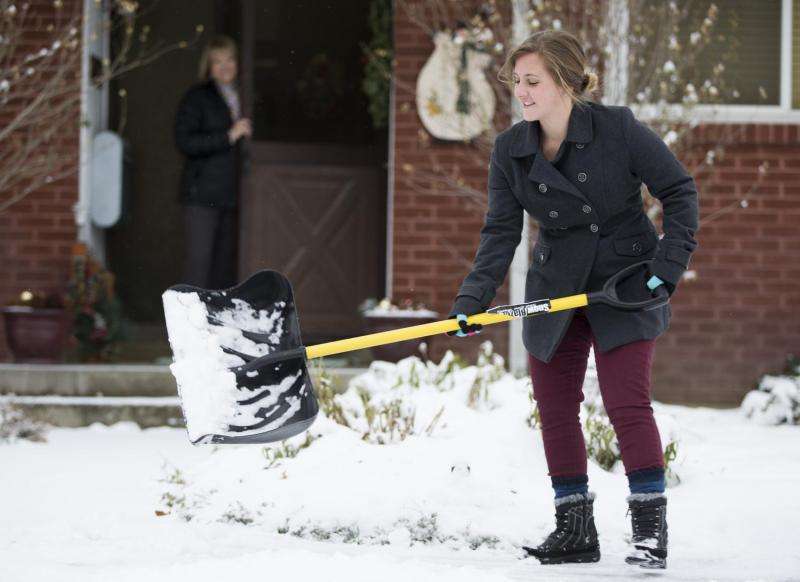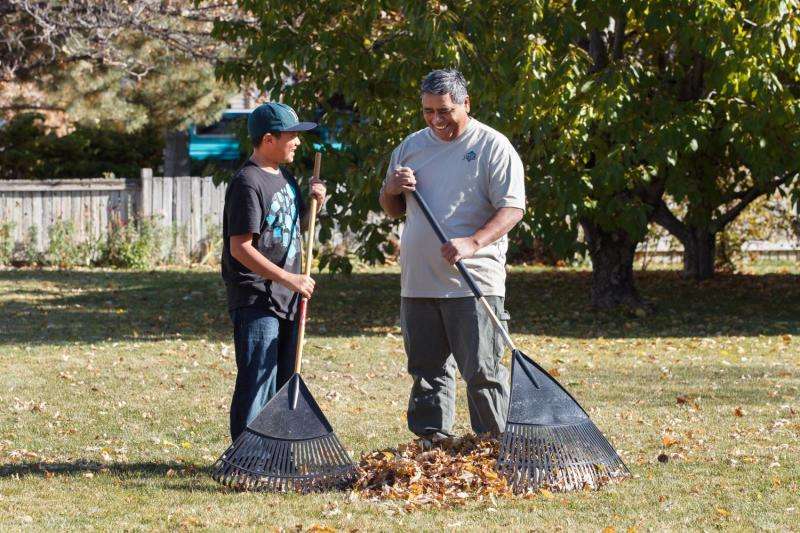Teens who help strangers are better off down the road

For some, helping family and friends is a natural part of life. Helping strangers is harder. It requires a sacrifice of time and energy for people you likely won't see again.
But the sacrifice is worth it over time - for teenagers, at least.
A new study in the journal Child Development found that teenagers who help strangers are less likely to participate in delinquent behaviors and show aggression three years later.
"If we encourage our kids to help people, especially when they're volunteering or helping people they don't know, then we're helping them have a better future," said study lead author Laura Padilla-Walker.
The study found that context matters. Pro-social behavior isn't always a good thing for the person doing the helping. The researchers compared the results of helping strangers vs. family members and friends, and found that helping neither family nor friends proved to be as directly beneficial as helping strangers.
Padilla-Walker also emphasized that the helping must be voluntary to have protective effects, and that high-cost behaviors—things that require more from you—are generally more protective.
"Opening a door for a stranger isn't as effective as serving someone in a meaningful way over time," Padilla-Walker said.

Although the study applied specifically to teenagers, Padilla-Walker added that parents can support habits of service by involving the whole family.
"It's not going to work if parents are sitting on the couch just saying, 'You guys go do good things,'" Padilla-Walker said. "Be a family that serves and help your kids see that they're making a difference."
One of the best ways parents can help their teenagers get the benefits is to be creative in how they help—find service opportunities that fit their specific interests and hobbies. If they're doing something they already love, helping strangers will be a habit, not a chore.
"The whole trick is getting matched to your passions," Padilla-Walker said. "Help your child tailor service to their interests and support their causes. If they really love to read, help them serve at a library. Or if they love playing with kids, help them serve kids with special needs."
When adolescents can see the positive effects of their serving, outcomes are the most beneficial.
"When you really feel like you're making a difference it can change your behaviors, your attitudes and ultimately your positive outcomes," Padilla-Walker said. "Even more surprisingly, these helping behaviors also protect against getting involved in delinquency, which is an added benefit."
If you're looking for ways to serve this Christmas season with your family, look for opportunities in your own neighborhood, through a church group or through an agency such as your local United Way.
More information: Laura M. Padilla-Walker et al. Does Helping Keep Teens Protected? Longitudinal Bidirectional Relations Between Prosocial Behavior and Problem Behavior, Child Development (2015). DOI: 10.1111/cdev.12411
















